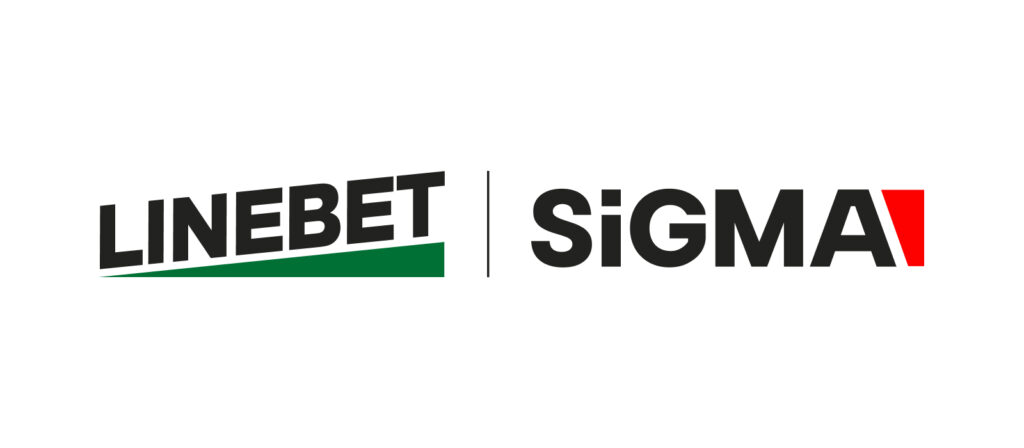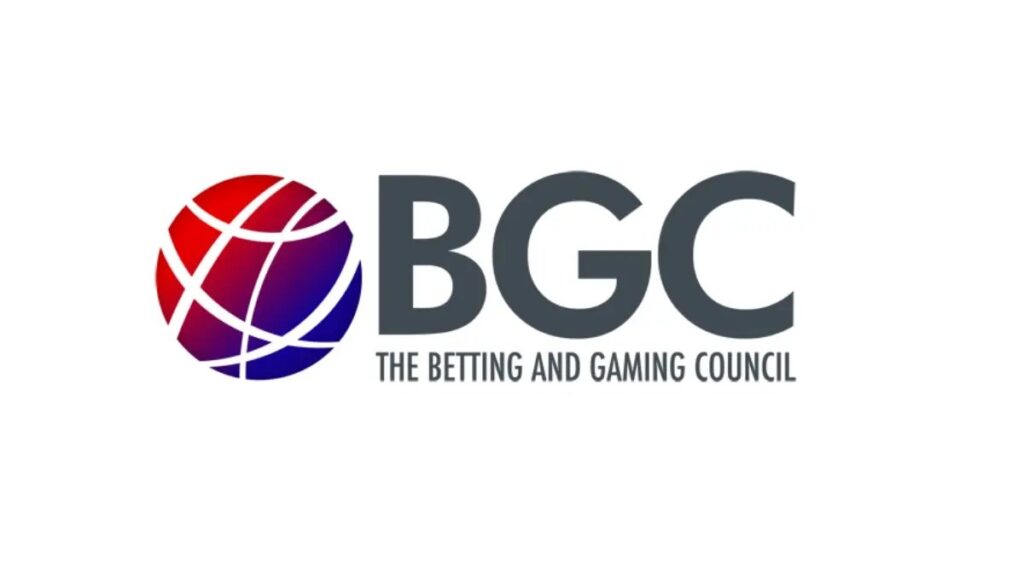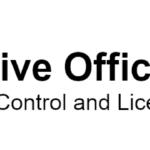Now Reading: Malawi Gambling Regulations 2025: A Complete Guide
-
01
Malawi Gambling Regulations 2025: A Complete Guide

Malawi Gambling Regulations 2025: A Complete Guide
How effective are Malawi gambling regulations in balancing industry growth, revenue generation, and protection of vulnerable groups in 2025?
Gambling has been legal in Malawi since 1996, but the industry has experienced explosive growth in recent years. What started as a small collection of land-based casinos has evolved into a thriving sector that includes sports betting, lotteries, and emerging online platforms. The betting industry alone has quadrupled over the past 24 months, making it one of the fastest-growing sectors in the country.
Yet this rapid expansion has brought new challenges. Stories of gambling addiction, underage participation, and financial harm have emerged alongside the industry’s success.
This guide looks at the Malawi gambling regulation with a focus on how the government has responded with sweeping regulatory changes designed to protect players while maintaining the sector’s economic benefits.
Gambling Regulation in Malawi 2025 – Overview
The gambling landscape in Malawi underwent a major transformation in 2022 when Parliament passed the Gaming and Lotteries Act. This legislation merged the Malawi Gaming Board and National Lotteries Board into a single regulatory body: the Malawi Gaming and Lotteries Authority (MAGLA).
MAGLA now oversees all forms of gambling in the country, including land-based casinos, sports betting, lotteries, and the newly legalized online gambling sector.
The authority’s mission is to “Regulate the Gaming and Lotteries industry to promote a positive social economic impact”.
The regulatory framework covers several key areas:
- Casino operations including table games, slot machines, and poker
- Sports betting both online and at physical locations
- National and charitable lotteries
- Online gambling platforms and mobile betting
- Gaming equipment manufacturing and supply
This unified approach represents a significant shift from the previous fragmented system. By bringing all gambling activities under one roof, MAGLA aims to create consistent standards and more effective oversight.
Gambling Licensing Requirements in Malawi
Getting a gambling license in Malawi involves a thorough application process that varies depending on the type of operation. MAGLA issues several different license categories:
Types of Licenses Available:
- Casino licenses for full-scale gambling establishments
- Gaming machine operator licenses for slot machine businesses
- Gaming machine site licenses for venues hosting gaming machines
- Sports betting licenses for online and retail sportsbooks
- Lottery licenses for national and local lottery operations
- Manufacturer and supplier licenses for gaming equipment providers
- Bingo operator licenses for bingo halls and online bingo
Application Process:
Companies can apply for licenses in two ways. They can respond to a Request for Proposal when MAGLA issues public tenders, or they can submit applications directly to MAGLA offices year-round.
Key Requirements:
Every applicant must meet strict eligibility criteria:
- Financial proof showing adequate capital and ongoing funding
- Operational plans detailing business structure and procedures
- Fit and proper persons test for all key personnel and shareholders
- Technical compliance with gaming equipment standards
- Monitoring integration with MAGLA’s electronic systems
- Staff training programs for responsible gambling
Costs and Timeline:
License fees range from approximately $1,000 to $3,000 depending on the operation type[15]. The application process typically takes 3-6 months. Licenses are valid for 1-5 years and require annual renewal.
For casino licenses specifically, MAGLA requires a substantial upfront payment of MK1 million (approximately $600) just to access the detailed application documents.
Taxation and Financial Compliance
Malawi’s gambling tax structure is designed to generate significant revenue while ensuring operators can maintain profitable businesses. The tax system applies to all licensed operators without general exemptions.
Tax Rates:
The government imposes a Gross Gaming Revenue (GGR) tax that varies by operation type:
- Casinos: 20-35% of gross gaming revenue
- Sports betting: 20-35% of gross gaming revenue
- Lotteries: 20-35% of gross gaming revenue
Additionally, operators must withhold taxes on player winnings. The Malawi Revenue Authority requires a 5% withholding tax on gambling winnings, though this has been a point of contention with operators who argue it’s difficult to implement practically.
Reporting Requirements:
All licensed operators must file monthly tax returns with detailed revenue reporting. The new electronic monitoring system enables real-time tracking of all gaming transactions, making tax compliance more transparent but also more strictly enforced.
Electronic Monitoring:
MAGLA has implemented a centralized monitoring system developed by Italian company iSolutions. This system tracks every online transaction in real-time and automatically calculates taxes owed by operators. The system has been operational for over a year and has significantly improved compliance rates.
Operators who fail to meet tax obligations face substantial penalties, including license suspension or revocation.
MAGLA Imposes Strict Regulations On Gambling
MAGLA has introduced sophisticated monitoring systems to ensure compliance and protect players. These technological solutions represent a major advancement in gambling regulation for African markets.
The centerpiece of MAGLA’s oversight is the iSTrust monitoring system, which has been fully operational for over a year. This system:
- Authorizes and tracks every online gambling transaction
- Records betting patterns and player behavior
- Calculates taxes automatically
- Provides real-time compliance monitoring
- Enables immediate detection of suspicious activities
Age Verification Systems:
MAGLA has implemented strict age verification requirements with severe penalties for violations. The authority is exploring advanced biometric and AI-driven systems to verify users’ ages before they access gambling platforms[20].
Key features include:
- Biometric verification using fingerprint and facial recognition
- AI-powered age estimation from uploaded photos
- Real-time database checks against national ID systems
- Heavy fines of K20 million (approximately $11,500) for operators who allow underage gambling.
Advertising Standards:
MAGLA has introduced comprehensive advertising regulations in 2025[9]. Six new regulations govern how operators can market their services:
- Pre-approval required for all gambling advertisements
- Warning messages stating gambling is “addictive and can be harmful”
- Time restrictions for TV and radio ads (only between 9 PM and 5 AM)
- Content guidelines prohibiting misleading claims about winning potential
- Penalties ranging from K5 million fines to 12 months imprisonment for violations.
Responsible Gambling Initiatives
MAGLA has made responsible gambling a cornerstone of its regulatory approach, recognizing that industry growth must be balanced with player protection.
Training and Education:
MAGLA conducts regular training workshops for operators and media representatives. These sessions cover:
- Identifying problem gambling behaviors
- Implementing player protection measures
- Understanding responsible advertising practices
- Developing staff training programs
Partnership with South African Experts:
MAGLA has partnered with the South African Responsible Gambling Foundation (SARGF) to bring international best practices to Malawi. This collaboration includes:
- Joint training workshops for operators
- Development of treatment protocols
- Sharing of research and educational materials
- Technical assistance for program implementation
Public Awareness Campaigns:
The authority promotes responsible gambling through media campaigns that emphasize:
- Entertainment focus: Gambling should be viewed as entertainment, not income generation
- Budget limits: Players should only gamble with disposable income
- Time management: Taking regular breaks and setting time limits
- Warning signs: Recognizing when gambling becomes problematic.
Support Services:
While comprehensive support services are still developing, MAGLA has established:
- Educational materials for players and operators
- Referral networks for problem gambling treatment
- Hotline services for gambling-related concerns
However, experts note that accessible treatment services remain limited, particularly in rural areas[4][5].
Challenges in Malawi’s Gambling Regulation
Despite significant progress, MAGLA faces several ongoing challenges that threaten the effectiveness of its regulatory framework.
Rising Problem Gambling:
The rapid growth of gambling has led to increased addiction rates, particularly among young people. Research shows that many Malawians view gambling as a potential source of income rather than entertainment, leading to harmful behaviors.
A tragic case study documented the suicide of a 16-year-old boy who lost money that didn’t belong to him through gambling. This case highlighted the lack of accessible treatment services and the need for better prevention programs.
Underage Gambling:
Despite strict age verification requirements, underage gambling remains a significant problem. Factors contributing to this include:
- Limited enforcement resources
- Sophisticated methods used by minors to bypass age checks
- Peer pressure and social acceptance of gambling
- Easy access through mobile devices and agents
The Future of Gambling Regulation in Malawi
Looking ahead, MAGLA has ambitious plans to modernize and expand Malawi’s gambling industry while maintaining strong player protections.
Market Expansion:
The authority expects continued rapid growth driven by several factors:
- 5G network rollout by TNM providing faster internet speeds
- Increased mobile penetration making online gambling more accessible
- Growing youth population with higher disposable income
- Improved payment systems like mobile money platforms
MAGLA projects the industry will grow by 70% in 2024 compared to the previous year. The sector already employs 6,000 people directly and contributed $70 million in gross gaming revenue in 2023.
International Standards:
MAGLA is working to align its regulations with international best practices:
- ESG (Environmental, Social, Governance) standards implementation
- Supplier registration frameworks similar to developed markets
- Cross-border cooperation with regional regulators
- International certification for gaming equipment and software
Player Protection Evolution:
The authority plans to strengthen responsible gambling measures:
- Mandatory self-exclusion systems for online platforms
- Spend limits and cooling-off periods for players
- Enhanced treatment services in partnership with healthcare providers
- Educational programs in schools and communities
Looking forward
Malawi’s gambling regulation in 2025 represents a significant evolution from the basic framework established in 1996. MAGLA’s unified approach, comprehensive licensing system, and technology-driven monitoring represent important strengths in the regulatory framework.
MAGLA has implemented sophisticated monitoring systems, the rapid growth of mobile gambling and rural market penetration may outpace technological capabilities.
The success of Malawi’s gambling regulation in 2025 and beyond will depend on how effectively these challenges are addressed while maintaining the sector’s economic benefits. The foundation has been laid, but the real test lies in implementation and adaptation to an ever-changing industry landscape.
Read Also: Ukraine to Introduce National Online Gambling Monitoring System












